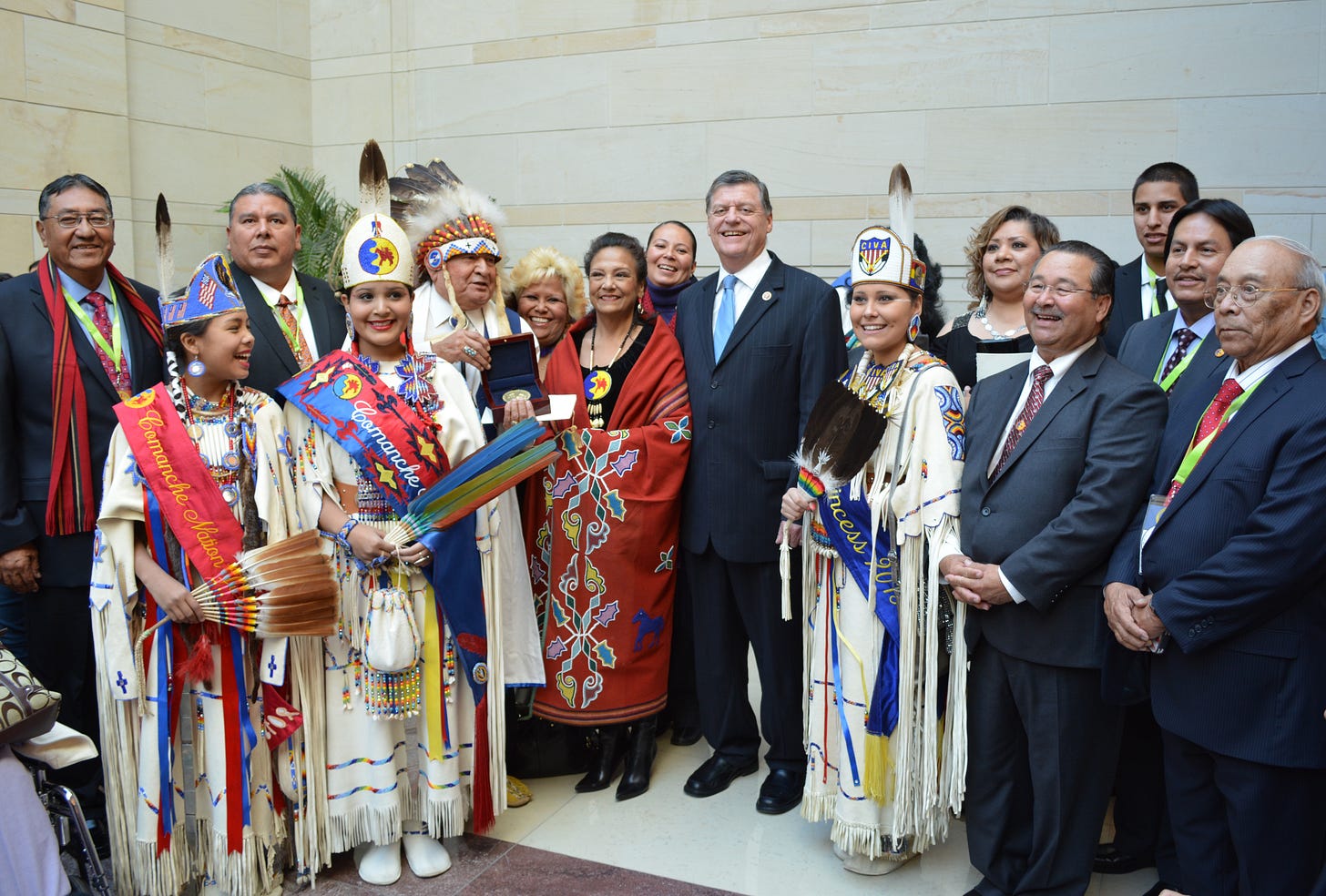Indigenous Wire Q&A: U.S. Rep. Tom Cole on improving medical care for Native Americans
'In a polarized Congress, it's something that people can work together on and meet a genuine need.'

WASHINGTON – We recently sat down for an interview with Republican U.S. Rep. Tom Cole, of Oklahoma, to discuss his bipartisan, bicameral Medical Student Education Authoriz…
Keep reading with a 7-day free trial
Subscribe to Indigenous Wire to keep reading this post and get 7 days of free access to the full post archives.

